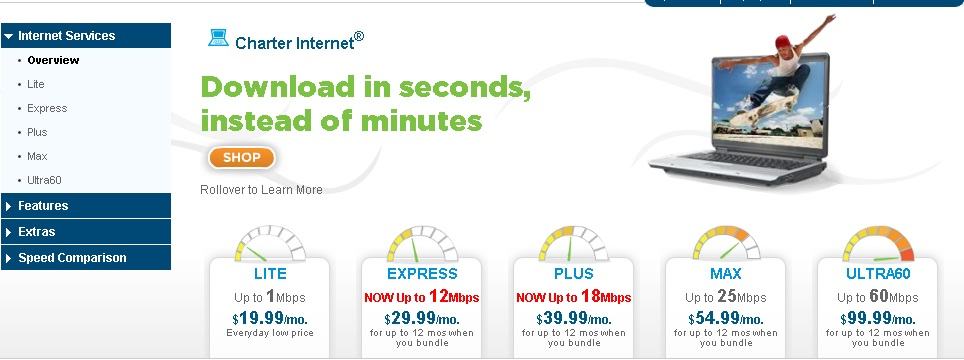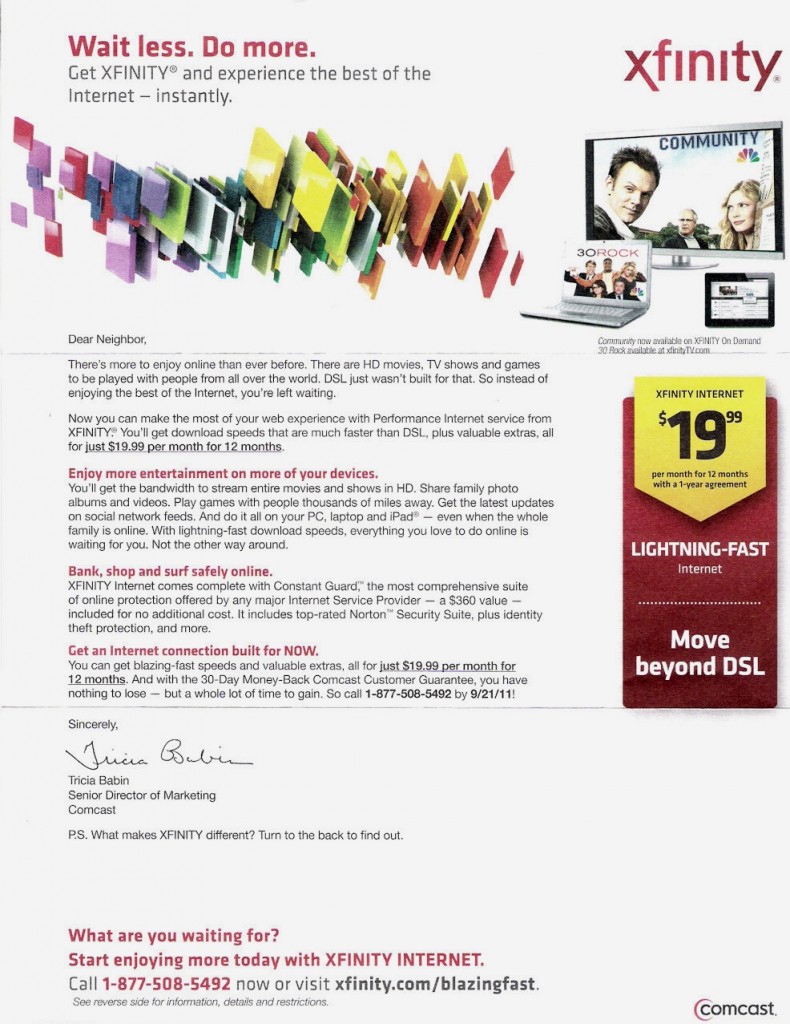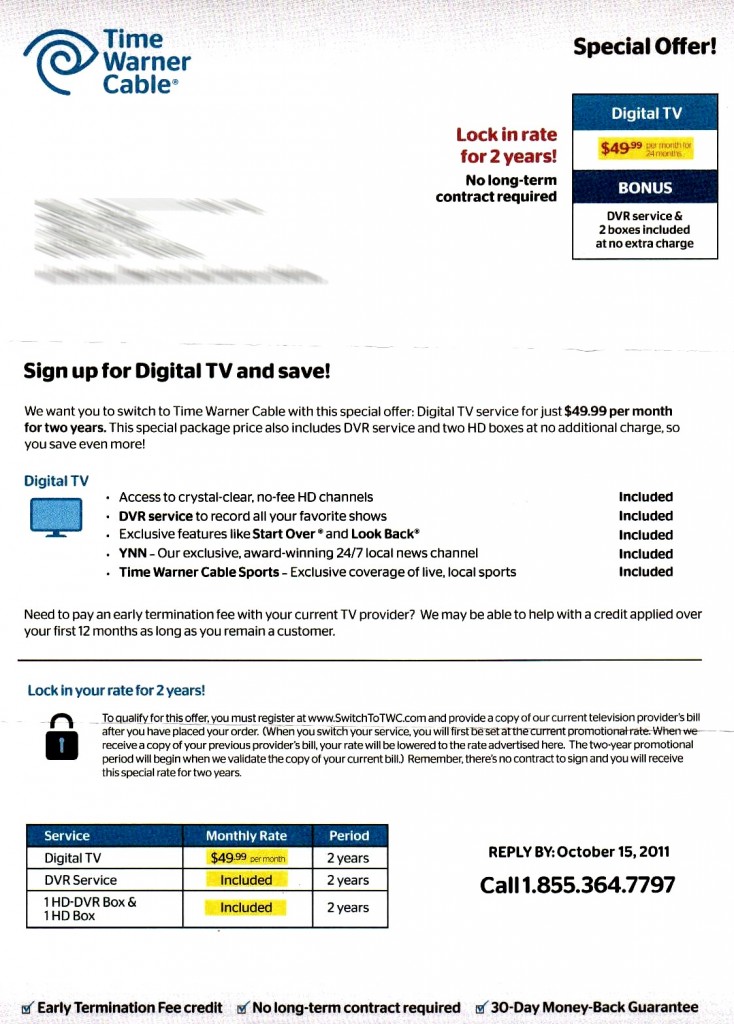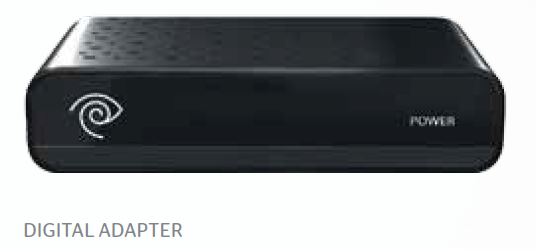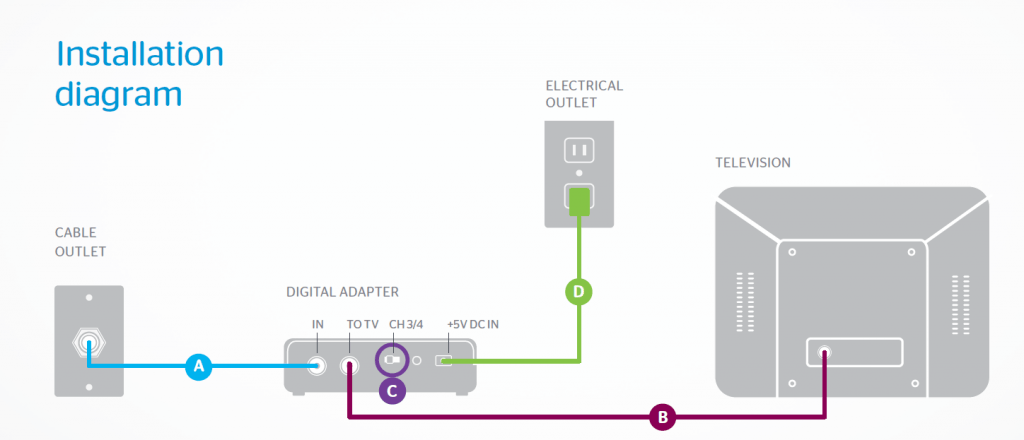 AT&T, Verizon, Time Warner Cable, and nine other giant corporations selling cigarettes, shoes, shipping services, and jet aircraft have formed a new group demanding major cuts in the corporate tax rate that would allow some of them to repatriate billions in cash reserves stuffed in overseas banks to dodge U.S. taxes.
AT&T, Verizon, Time Warner Cable, and nine other giant corporations selling cigarettes, shoes, shipping services, and jet aircraft have formed a new group demanding major cuts in the corporate tax rate that would allow some of them to repatriate billions in cash reserves stuffed in overseas banks to dodge U.S. taxes.
RATE — the Reducing America’s Taxes Equitably Coalition, says cutting the corporate tax rate is key to increased spending of accumulated corporate dollars in the United States.
“In a global economy where capital is highly mobile, it is simply harder to compete from America,” the companies’ executives wrote in a letter. “A lower corporate tax rate will boost investment in the U.S., bringing more American jobs, innovation and growth.”
 But many of these corporations already pay less taxes than you do as a percentage of income. Take Verizon, which shovels substantial profits through its British wireless partner Vodafone through Luxembourg, at an effective tax rate of around 10%.
But many of these corporations already pay less taxes than you do as a percentage of income. Take Verizon, which shovels substantial profits through its British wireless partner Vodafone through Luxembourg, at an effective tax rate of around 10%.
Forbes reports last year Verizon had sales of $108 billion. It’s pretax income was $11.8 billion. The company paid just $1.2 billion in income taxes thanks to its $42 billion wireless joint venture with Vodafone, which Forbes reports “draws off much of Verizon’s income.” But that is hardly a bad thing for Verizon. Its effective tax rate: 10.5%. Most middle class Americans pay twice or more that rate. Verizon itself was surprised it only paid that much, because it ended up getting a federal tax refund for an overpayment amounting to $705 million.
In 2010, AT&T got hit harder, but still managed to eke out a winning year for shareholders. AT&T enjoyed sales of $123 billion. Its pretax income: $19 billion. The company ended up paying $6.2 billion in income taxes for an effective tax rate of 32.4%. But their executives got the benefit of every tax loophole available for their personal tax returns, made possible by AT&T’s generous subsidy of up to $14,000 a year for each executive officer to hire the best tax accountants around.
American companies already pay the second lowest taxes in the developed world, once all of the loopholes and deductions in the corporate tax code are accounted for. American corporations are sitting on record amounts of cash, so its unclear why more cash (in the form of tax breaks) would lead to more hiring, unless it involves adding more Washington, D.C. lobbyists, of course.


 Subscribe
Subscribe



